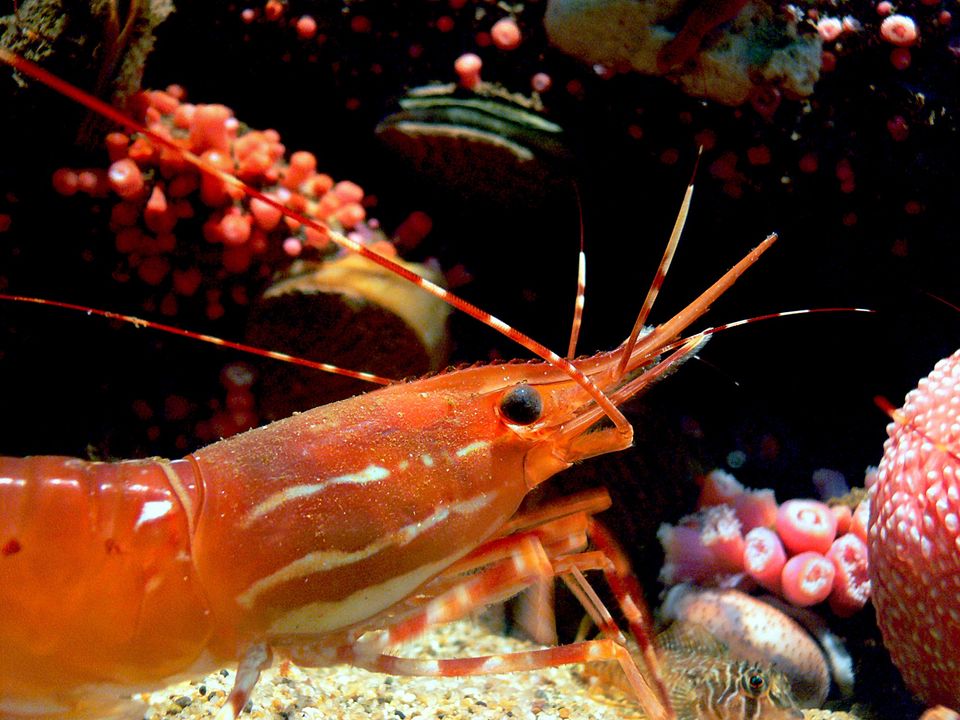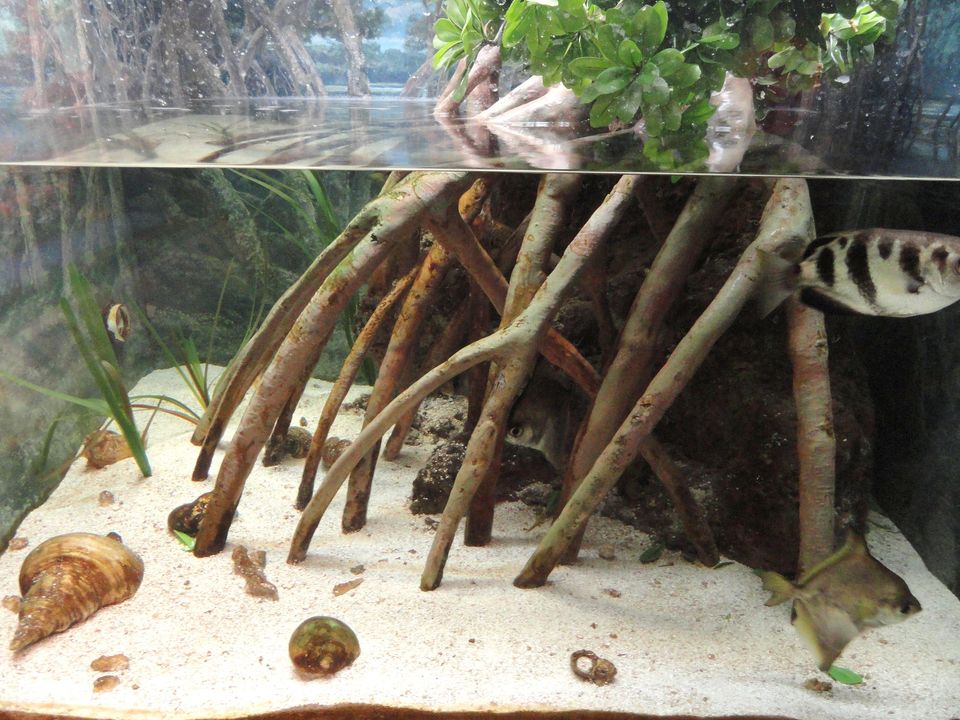Aquarium Myths Debunked: Separating Fact from Fiction in Fishkeeping - Part#2
It is crucial to have a good grasp of the needs and care requirements of your fish. There are various myths and misconceptions about fishkeeping that can result in misunderstandings and poor care practices. Let's clarify some more.

Part 2 of the Aquarium Myths Debunked Series.
As a fishkeeper, it is crucial to have a good grasp of the needs and care requirements of your fish. There are various myths and misconceptions about fishkeeping that can result in misunderstandings and poor care practices. This article aims to debunk some of the most common aquarium myths and provide a deeper understanding of the true needs of your fish.
Myth #1: Fish Don't Need a Cover
Fish tanks should be covered for a number of reasons. A cover can help to keep debris, dust, and other contaminants out of the tank, and it can also help to prevent fish from jumping out.
A cover can also help to create a more stable environment for the fish by reducing drafts and fluctuations in temperature and humidity. Some covers also have built-in lighting or other features that can be beneficial for the fish.
Myth #2: Fish Don't Need a Heater
While some fish can tolerate a wide range of temperatures, others have more specific temperature requirements. Fish that come from tropical environments, for example, may need a heater to maintain a consistent and appropriate temperature in their tank.
A heater can be especially important in environments where the ambient temperature may fluctuate significantly, as this can cause stress and illness in fish. It's important to choose a heater that is appropriate for the size and type of your tank and to monitor the temperature regularly to ensure that it is within the recommended range for your fish.
Myth #3: Fish Don't Need a Filter if They Have Live Plants
While live plants can certainly help to improve the water quality in an aquarium, they are not a substitute for a filter. Plants can help to remove excess nitrogen from the water and provide oxygen, but they cannot remove all forms of waste and toxins from the water.
A filter is an important piece of equipment that helps to maintain good water quality in an aquarium by removing excess waste and toxins from the water. It's important to choose a filter that is appropriate for the size and type of your tank and to maintain it regularly to ensure that it is functioning properly.
Myth #4: Fish Don't Need to Be Medicated
Fish, like all animals, can get sick and may need medication to recover. It's important to be familiar with the signs of illness in fish and to know when to seek treatment.
If you suspect that your fish are sick, it's a good idea to consult a veterinarian who specializes in fish health. They can help to diagnose the problem and recommend the appropriate treatment, which may include medications. It's important to follow the recommended treatment plan and to monitor the fish closely to ensure that they are recovering.
Myth #5: Fish Don't Need to Be Desensitized to Handlers
Fish, like all animals, can become accustomed to being handled by their caregivers. This can be helpful in certain situations, such as when administering medication or performing routine maintenance on the tank.
To desensitize fish to being handled, it's important to start gradually and to move slowly and gently. Fish may become more accustomed to being handled over time with regular, positive reinforcement. It's important to handle fish gently and to minimize stress, as handling can be stressful for fish.
Myth #6: Fish Don't Need to Be Sexed
While it is not always necessary to determine the sex of your fish, it can be helpful in certain situations. For example, if you are breeding fish, it's important to know the sex of your fish so that you can properly pair them.
Determining the sex of fish can be challenging, and it may require a trained eye or the use of specialized techniques. Some species of fish may have external differences in appearance or behavior that can help to identify their sex, while others may require more advanced techniques, such as genital papilla examination or DNA testing.
Myth #7: Fish Don't Need to Be Quarantined When Moving to a New Tank
When moving fish to a new tank, it's important to quarantine them to ensure that they are healthy and not carrying any diseases or parasites that could potentially infect the other fish in the tank.
Quarantine tanks allow you to monitor the health of your fish and provide them with any necessary treatment before introducing them to the main tank. They also provide a separate space for the fish to acclimate to their new environment and to get used to their new caregivers.
Myth #8: Fish Don't Need Breeding Supplements
While fish do not necessarily need breeding supplements, they can be helpful in certain situations. For example, certain supplements can help to improve the fertility and overall health of breeding fish, which can increase the chances of successful breeding.
Some common breeding supplements include vitamins, minerals, and amino acids. It's important to choose supplements that are appropriate for the species of fish you are breeding and to follow the recommended dosage.
Myth #9: Fish Don't Need to Be Groomed
While fish do not require the same level of grooming as other pets, they do need to be kept clean and healthy to thrive. Regular water changes and proper filtration can help to maintain good water quality and keep the fish clean, but additional grooming may be necessary in certain situations.
For example, long-finned fish may require regular fin trimming to prevent tearing or infection, and fish with long or thick coats may need to be brushed or combed to prevent matting. It's important to use grooming tools that are appropriate for the species of fish and to handle the fish gently to minimize stress.
Myth #10: Fish Don't Need to Be Bathed
While fish do not typically need to be bathed, they may benefit from a freshwater dip in certain situations. For example, a freshwater dip can help to remove parasites or other contaminants from the skin and fins of fish, and it can also help to reduce stress.
It's important to use a clean, separate container for the freshwater dip and to acclimate the fish to the new temperature slowly. The water in the dip should be of the same temperature and pH as the water in the tank, and the fish should be returned to the tank as soon as possible.




